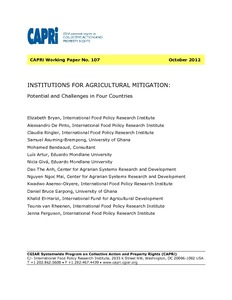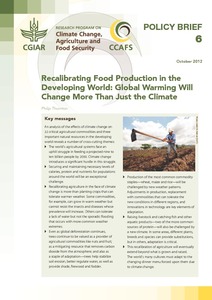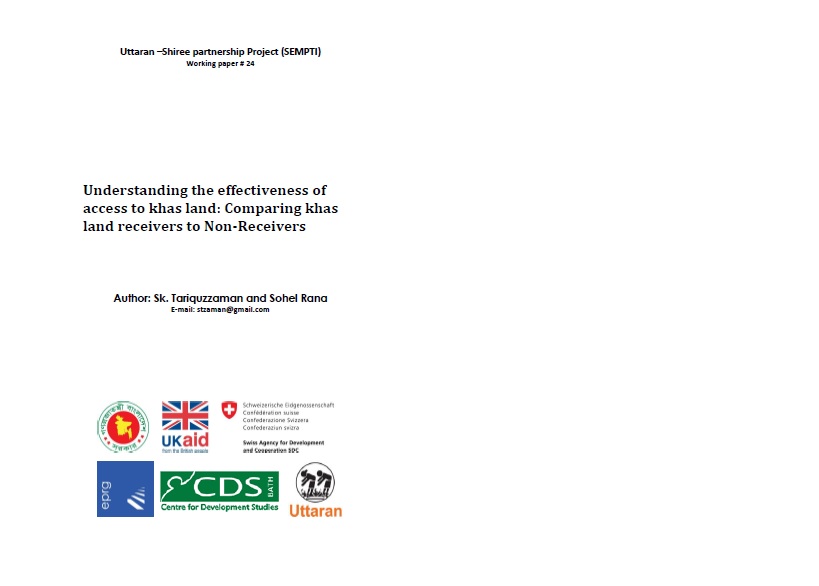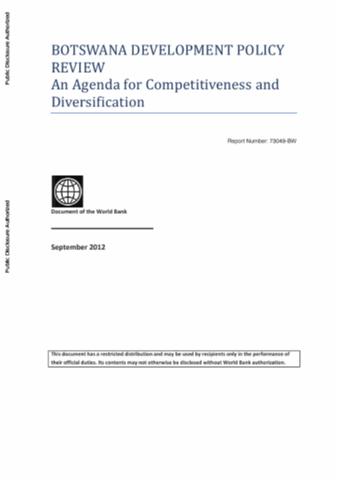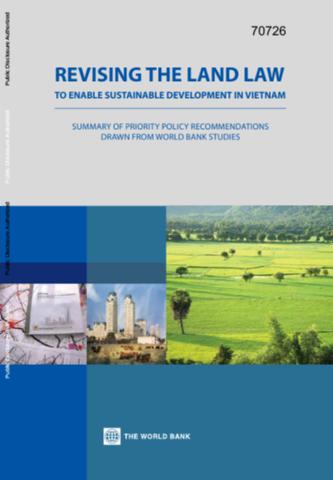Institutions for Agricultural Mitigation: Potential and Challenges in Four Countries
The agriculture sector has great potential to contribute to the mitigation of greenhouse gas emissions through changes in agricultural management and land use. However, the technical potential for agricultural mitigation has yet to translate into actual emission reductions due to considerable constraints to the generation of emission offsets through agricultural projects.

